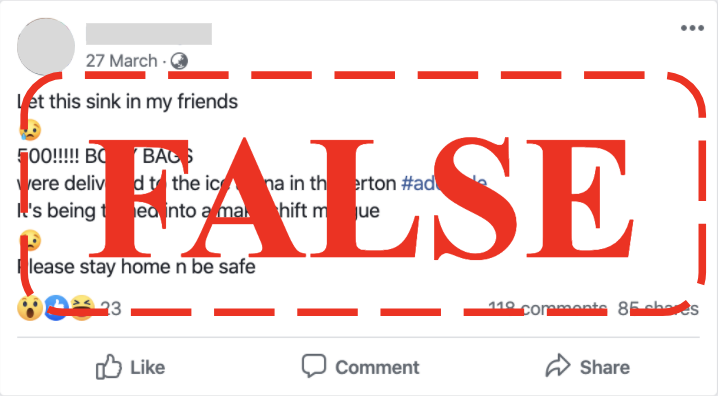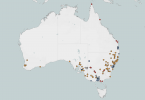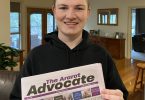Newsrooms have partnered with Facebook to combat the spread of harmful coronavirus misinformation in Australia, using open-source intelligence to check the veracity of social media claims.
Agence France-Presse (AFP) and Australian Associated Press’s fact-checking units are among the over 60 global organisations engaged with Facebook to fact-check misleading COVID-19 content on the platform. RMIT also has a fact check unit located on campus, at RMIT ABC Fact Check.
Nearly 50 cases of damaging coronavirus hoaxes and gossip have been exposed on AFP Fact Check’s Australian website, with many of these sourced through Facebook.
AFP disproved the false claims that 500 body bags were delivered to an Adelaide ice skating rink, Italy’s Prime Minister cried over the pandemic and the Chinese-government organised an explosion in Wuhan.
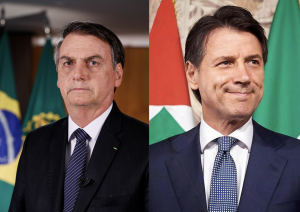
Mistaken Identity as Facebook users mistook Brazil’s President for Italy’s Prime Minister on Sunday, Mar. 22 2020. Misleading Facebook posts claimed Giuseppe Conte was photographed crying over the COVID-19 pandemic in Italy, when the photo actually showed Jair Bolsonaro getting emotional in a Thanksgiving speech. (Isac Nóbrega/PR/CC BY & Presidenza del Consiglio dei Ministri/CC BY-SA
Some fact-checks did not require deep knowledge of online investigating to be debunked.
The photo of Italy’s Prime Minister crying, in reality, showed Brazil’s President, Jair Bolsonaro, becoming emotional during a thanksgiving speech.
But the “large explosion in Wuhan” – a video actually from Tianjin in 2015 – required video and photo verification to help journalists investigate and uncover the truth behind the online lie.
AFP fact-check editor Esther Chan worked with Facebook on the joint project and said newsrooms now understood the role digital investigation plays in journalism.

Agence France-Presse fact check editor Esther Chan welcomed the greater acceptance of digital investigation tools in journalism. AFP joined Facebook’s third-party fact-checking program in 2016. (Supplied: Esther Chan)
“A lot of stories may not have come to fruition without the skills to explore the dark web, analyse data, draw meaningful conclusions or utilising various open-source tools,” Ms Chan said.
Ms Chan said AFP received a feed of misleading information from Facebook and the fact-checking team then tested the accuracy of some of these claims.
“It’s ultimately up to our fact-checkers and our fact-check editors to pick and choose whatever’s presented to us on the feed,” Ms Chan said.
“In turn, we have access to feeds of misleading information being shared on Facebook and Instagram, which gives us a lot of insight into how misinformation is travelling online.”
Facebook introduced its International Fact-Checking Network certified program in 2016 to address misinformation on the platform.
The tech giant recently added eight new partners to the program due to COVID-19 and released $US1 million in funding to help organisations translate fact-checks to different languages and work with health experts on evidence-based coverage.
When fact-checkers rated Facebook content as false, Facebook reduced its spread and attached warning labels for the deceitful claims.
Researchers from NYU and Stanford found Facebook’s efforts to limit misinformation on the platform were working as the magnitude of misinformation on the site decreased.
But some journalists and academics criticised the fact-checking initiative and demanded the tech giant do more to tackle misinformation.
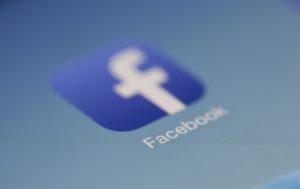
Journalists and academics have criticised Facebook for not doing enough about misinformation on the platform. The company’s seen an increase in false claims by users in the wake of the COVID-19 crisis. (Pixabay)
Full Fact, a fact-checking partner with Facebook, called on the company to share more data with its fact-checkers and be more open about the effectiveness of its third-party program.
And the Tow Center warned in a report that partnerships between news organisations and tech companies shouldn’t blur the lines between the two distinct industries.
“There is a seemingly endless set of strategic, experimental relationships between platforms and publishers that can make it difficult to tell where media publishers end and technology companies start,” the report said.
Facebook paid fact-checkers to verify content, though some companies refused payments.
Full Fact, which joined the program in 2019, received 42 per cent of its total funding from Facebook last year.
And the BBC revealed Facebook required fact-checkers to sign non-disclosure agreements, stopping journalists from publicly discussing some of their work.
But Ms Chan said she had no concerns of editorial independence in AFP’s relationship with Facebook.
“I believe most news organisations would be very careful in forming any sort of relationship with tech companies,” Ms Chan said.
“The number one priority is for the tech company to respect editorial independence, and probably make an effort to promote news literacy.”
(Featured Image: COVID-19 Misinformation on Facebook on Friday, Mar. 27 2020. Facebook’s third-party fact-checkers have been busy disproving coronavirus rumours that have been shared hundreds of times. Supplied: Facebook)

